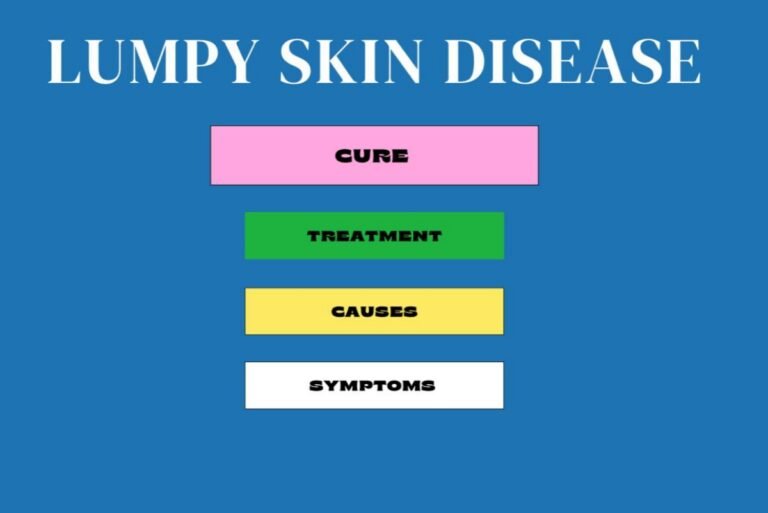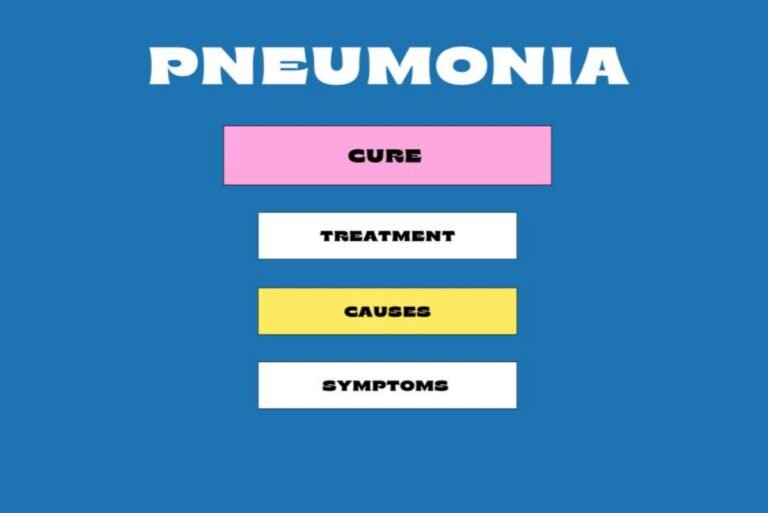Overview of Nervous System Disorders:
Overview of Nervous System Disorders:
What is the nervous system?
The nervous system is a complicated system that controls and organizes body functions. It has two main parts:
- Central nervous system. This includes the brain and spinal cord.
Peripheral nervous system. This incorporates the nerves that are on the skin and the nerves that control things our body does without us considering approximately it.
The important parts of the nervous system are:
- Brain
- Spinal cord
- Eyes
- Ears
- Sensory organs of taste
- Sensory organs of smell
- Sensory receptors located in the skin, joints, muscles, and other parts of the body
What are some disorders of the nervous system?
Many different problems can affect the nervous system.It can be broken by:
- Injury
- Infections
- Degeneration
- Structural defects
- Tumors
- Blood flow disruption
- Autoimmune disorders
Disorders of the nervous system:
Problems with the brain and nerves can cause disorders like:
- Vascular disorders: Conditions like stroke, mini-stroke, bleeding around the brain, and blood clots inside the skull.
- Infections: Some examples of these infections include meningitis, encephalitis, myelitis, and epidural abscesses.
- Structural disorders: Injuries to the brain or spinal cord, neck problems, wrist pain, and tumors in the brain or spinal cord.
- Seizure disorders: such as epilepsy.
- Degeneration: illnesses like Parkinson’s, ALS (Lou Gehrig’s disease), Huntington’s disease, and Alzheimer’s disease.
- Autoimmune or inflammatory disorders: Some examples of these conditions are Bell’s palsy, multiple sclerosis, nerve damage in the limbs, and Guillain-Barr syndrome.
- Mental health disorders: mental health problems like feeling sad for a long time or seeing or hearing things that are not really there.
Symptoms of nervous system disorders:
These are the normal signs of a apprehensive framework issue. But each individual might have many diverse signs of ailment. Symptoms can include:
- Persistent or sudden onset of a headache
- A headache that changes or is different
- Loss of feeling or tingling
- Weakness or loss of muscle strength
- Loss of sight or double vision
- Memory loss
- Impaired mental ability
- Lack of coordination
- Muscle rigidity
- Tremors and seizures
- Back pain that spreads to the feet, toes, or other parts of the body
- Muscle wasting and slurred speech
- New language impairment (expression or comprehension)
The signs of a apprehensive framework issue may see just like the signs of other wellbeing issues. Ceaselessly see a master to discover out what’s going on in conjunction with your prosperity.
Healthcare providers who treat nervous system disorders:
The most perfect way to bargain with issues in your apprehensive framework is to have a gather of specialists and medical attendants to assist you. You do not require everybody on the group all the time. But it’s great to know who they are and how they can offer assistance. Here are a few specialists who can offer assistance with apprehensive framework issues.
- Neurologist. Neurologists are doctors who help people with nervous system problems. Some brain doctors treat sudden strokes and bulges in blood vessels in the brain.
- Neurosurgeon. Doctors who do operations to treat problems with the nervous system. They are called brain surgeons.
- Neuroradiologist and interventional radiologist. This individual may be a specialist who is exceptionally talented at finding and treating issues with the anxious framework. Extraordinary pictures are utilized to see interior the body and can offer assistance with issues like aneurysms, strokes, and broken bones within the spine. This provider can also do biopsies on some specific tumors.
- Psychologist. Many people with nervous system disorders often have problems like feeling anxious, sad, moody, or easily getting annoyed. Your therapist can assist you. Psychologists may do tests to see how your disorder is affecting your thoughts and feelings. Psychologists also talk to you to help you handle your feelings caused by nervous system disorders.
- Psychiatrist. Similar to your therapist, this team member helps with feelings and actions caused by problems in the nervous system. Usually, talking to a counselor can make these problems better. If you are feeling sad or worried and need medicine, this doctor can help you.
- Physiatrist. Doctors that help people recover from injuries or illnesses are called physiatrists.
- Physical therapist. This person is really good at helping you move and walk better. In physical therapy, you can make sore or stiff muscles and joints feel better.
- Occupational therapist. This provider helps you learn how to do things every day. For example, you will battle to do your work or chores at domestic. Your specialist will help you in altering to any changes in your body.
- Speech/language pathologist. This healthcare provider focuses on helping people with speaking and thinking problems. They also find and take care of problems with swallowing.
Medical Reviewers:
- Joseph Campellone MD
- Marianne Fraser MSN RN
- Raymond Kent Turley BSN MSN RN




